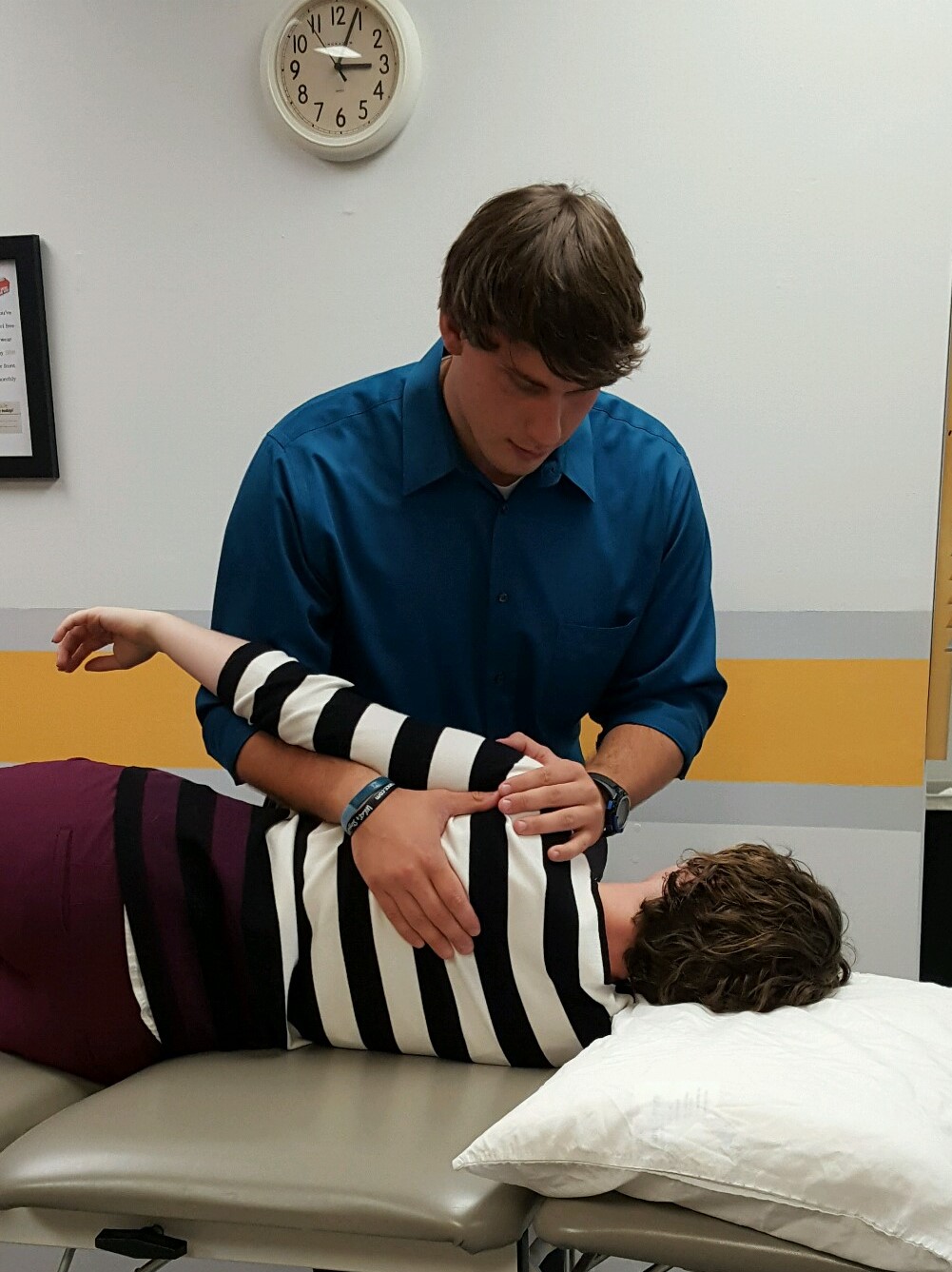The result of physical therapy treatment relies on the interplay between the technical ability, communication skills, and reflective capacity of the therapist to respond to the patient’s needs. In previous articles we discussed how a positive patient-therapist relationship is associated with improved satisfaction and treatment outcomes. Now we turn to which specific factors influence this relationship in an outpatient physical therapy setting.
A recent study by O’Keefe & colleagues investigated which factors influence patient-therapist interactions in outpatient physical therapy. From the research four key themes emerged:
- The interpersonal and communication skills of the physical therapist
- The practical skills of the physical therapist
- Providing individualized patient-centered care (individualizing treatment and considering patient opinions in the care plan)
- Organizational or environment factors (time with the therapist and flexibility with appointments)
The remainder of this article goes into more detail about the importance of the communication and practical skills of the physical therapist.
Interpersonal & Communication Skills of the Physical Therapist
Factors related to communication that are associated with positive patient-therapist interactions include active listening, empathy, friendliness, confidence, and encouragement. Patients want to tell their story without being interrupted or rushed. When physical therapists listen to their patients they feel understood and valued which strengthens the relationship. Patients want their physical therapist to empathize with what they are enduring and understand how this impacts their lives.
Physical therapists that interact in a relaxed manner and incorporate humor develop a stronger bond with their patients. Therapists who offer emotional support and encouragement are more likely to motivate their patients to adhere to treatment recommendations. Finally, patients who feel confident in their therapist are more likely to trust and respect their opinions and recommendations. Physical therapists that possess and have mastered these interpersonal skills foster a positive patient-therapist relationship which leads to better results from care.
Practical Skills of the Physical Therapist
Patient education and physical therapist expertise have been shown to be the two most important practical skills which lead to improved patient-therapist relationships. Interestingly, patient education is perceived as important only by patients, not by most physical therapists. This may be related to the notion that many physical therapists view themselves as “healers” who administer a treatment passively vs. a “teacher” who teaches the patient how to actively manage their own problem. Patients prefer the latter where they are provided with a sense of control over their pain or problem.
Patients also want clear explanations about their problem or diagnosis. They want to know how physical therapy can help. Patients want to know the rationale for employing specific exercises. Avoiding medical technical terminology is important. Patients often feel understand best through use of analogies and metaphors. Also patients believe it is important that their physical therapist possesses excellent technical ability & skills which is often exemplified through advanced training or degrees.
Conclusion
Patients and physical therapist believe a mix of interpersonal and practical skills are important factors which influence their working relationship. Research has shown the strength of this relationship influences treatment satisfaction and outcome. Therefore, seeking out care from physical therapists that understand and possess these skills is recommended to anyone considering outpatient physical therapy as a treatment option.
References
- O’Keeffe M, Cullinane P, Hurley J, et al. What Influences Patient-Therapist Interactions in Musculoskeletal Physical Therapy? Qualitative Systematic Review and Meta-Synthesis. Phys Ther. 2015;96(5):609-622.

